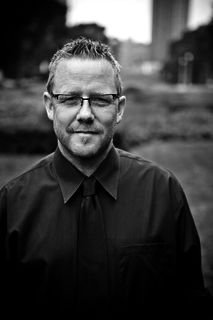A Quote by Charles Stross
Fiction is about human beings, first and foremost. (It's not impossible to write fiction with no human protagonists, but it's very hard to keep the reader interested ...)
Related Quotes
First and foremost, I consider myself a storyteller. And I'm endlessly fascinated with people, with what they do and why... and how they feel about it. Which means I'm interested in romance fiction. I was drawn to it, as both a reader and a writer, at the very beginning of my career. It's my kind of storytelling.
Science fiction is a weird category, because it's the only area of fiction I can think of where the story is not of primary importance. Science fiction tends to be more about the science, or the invention of the fantasy world, or the political allegory. When I left science fiction, I said "They're more interested in planets, and I'm interested in people."
It is worth repeating at this point the theories that Ford had come up with, on his first encounter with human beings, to account for their peculiar habit of continually stating and restating the very very obvious, as in "It's a nice day," or "You're very tall," or "So this is it, we're going to die." His first theory was that if human beings didn't keep exercising their lips, their mouths probably shriveled up. After a few months of observation he had come up with a second theory, which was this--"If human beings don't keep exercising their lips, their brains start working.
What are the hallmarks of a competent writer of fiction? The first, it seems to me, is that he should be immensely interested in human beings, and have an eye sharp enough to see into them, and a hand clever enough to draw them as they are. The second is that he should be able to set them in imaginary situations which display the contents of their psyches effectively, and so carry his reader swiftly and pleasantly from point to point of what is called a good story.
Good writing is good writing. In many ways, it’s the audience and their expectations that define a genre. A reader of literary fiction expects the writing to illuminate the human condition, some aspect of our world and our role in it. A reader of genre fiction likes that, too, as long as it doesn’t get in the way of the story.
The desire to be liked is acceptable in real life but very problematic in fiction. Pleasantness is the enemy of good fiction. I try to write on the premise that no one is going to read my work. Because there's this terrible impulse to grovel before the reader, to make them like you, to write with the reader in mind in that way. It prevents you doing work that is ugly or upsetting or difficult. The temptation is to not be true to what you want to write and to be considerate or amusing instead. I'm always trying to fight against the impulse to make my readers like me.




































